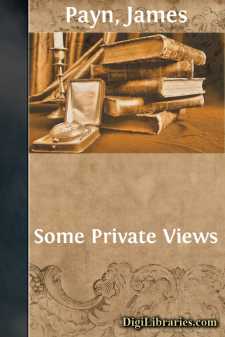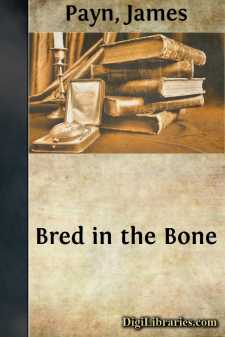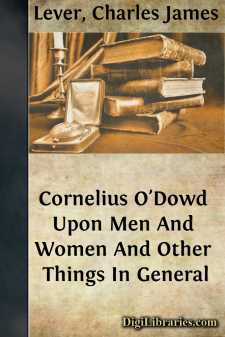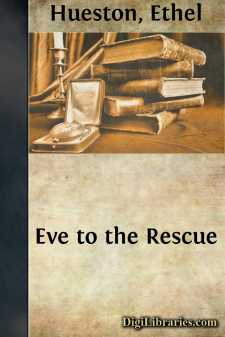Categories
- Antiques & Collectibles 13
- Architecture 36
- Art 48
- Bibles 22
- Biography & Autobiography 813
- Body, Mind & Spirit 142
- Business & Economics 28
- Children's Books 15
- Children's Fiction 12
- Computers 4
- Cooking 94
- Crafts & Hobbies 4
- Drama 346
- Education 46
- Family & Relationships 57
- Fiction 11828
- Games 19
- Gardening 17
- Health & Fitness 34
- History 1377
- House & Home 1
- Humor 147
- Juvenile Fiction 1873
- Juvenile Nonfiction 202
- Language Arts & Disciplines 88
- Law 16
- Literary Collections 686
- Literary Criticism 179
- Mathematics 13
- Medical 41
- Music 40
- Nature 179
- Non-Classifiable 1768
- Performing Arts 7
- Periodicals 1453
- Philosophy 64
- Photography 2
- Poetry 896
- Political Science 203
- Psychology 42
- Reference 154
- Religion 513
- Science 126
- Self-Help 84
- Social Science 81
- Sports & Recreation 34
- Study Aids 3
- Technology & Engineering 59
- Transportation 23
- Travel 463
- True Crime 29
Some Private Views
by: James Payn
Categories:
Description:
Excerpt
THE MIDWAY INN.
'The hidden but the common thought of all.'
The thoughts I am about to set down are not my thoughts, for, as my friends say, I have given up the practice of thinking, or it may be, as my enemies say, I never had it. They are the thoughts of an acquaintance who thinks for me. I call him an acquaintance, though I pass as much of my time with him as with my nearest and dearest; perhaps at the club, perhaps at the office, perhaps in metaphysical discussion, perhaps at billiards—what does it matter? Thousands of men in town have such acquaintances, in whose company they spend, by necessity or custom, half the sum of their lives. It is not rational, doubtless; but then 'Consider, sir,' said the great talking philosopher, 'should we become purely rational, how our friendships would be cut off. We form many such with bad men because they have agreeable qualities, or may be useful to us. We form many such by mistake, imagining people to be different from what they really are.' And he goes on complacently to observe that we shall either have the satisfaction of meeting these gentlemen in a future state, or be satisfied without meeting them.
For my part, I do not feel that the scheme of future happiness, which ought by rights to be in preparation for me, will be at all interfered with by my not meeting again the man I have in my. mind. To have seen him in the flesh is sufficient for me. In the spirit I cannot imagine him; the consideration is too subtle; for, unlike the little man who had (for certain) a little soul,' I don't believe he has a soul at all.
He is middle-aged, rich, lethargic, sententious, dogmatic, and, in short, the quintessence of the commonplace. I need not say, therefore, that he is credited by the world with unlimited common-sense. And for once the world is right. He has nothing-original about him, save so much of sin as he may have inherited from our first parents; there is no more at the back of him than at the back of a looking-glass—indeed less, for he has not a grain of quicksilver; but, like the looking-glass, he reflects. Having nothing else to do, he hangs, as it were, on the wall of the world, and mirrors it for me as it unconsciously passes by him—not, however, as in a glass darkly, but with singular clearness. His vision is never disturbed by passion or prejudice; he has no enthusiasm and no illusions. Nor do I believe he has ever had any. If the noblest study of mankind is man, my friend has devoted himself to a high calling; the living page of human life has been his favourite and indeed, for these many years, his only reading. And for this he has had exceptional opportunities. Always a man of wealth and leisure, he has never wasted himself in that superficial observation which is often the only harvest of foreign travel. He despises it, and in relation to travellers, is wont to quote the famous parallel of the copper wire, 'which grows the narrower by going further.' A confirmed stay-at-home, he has mingled much in society of all sorts, and exercised a keen but quite unsympathetic observation....













